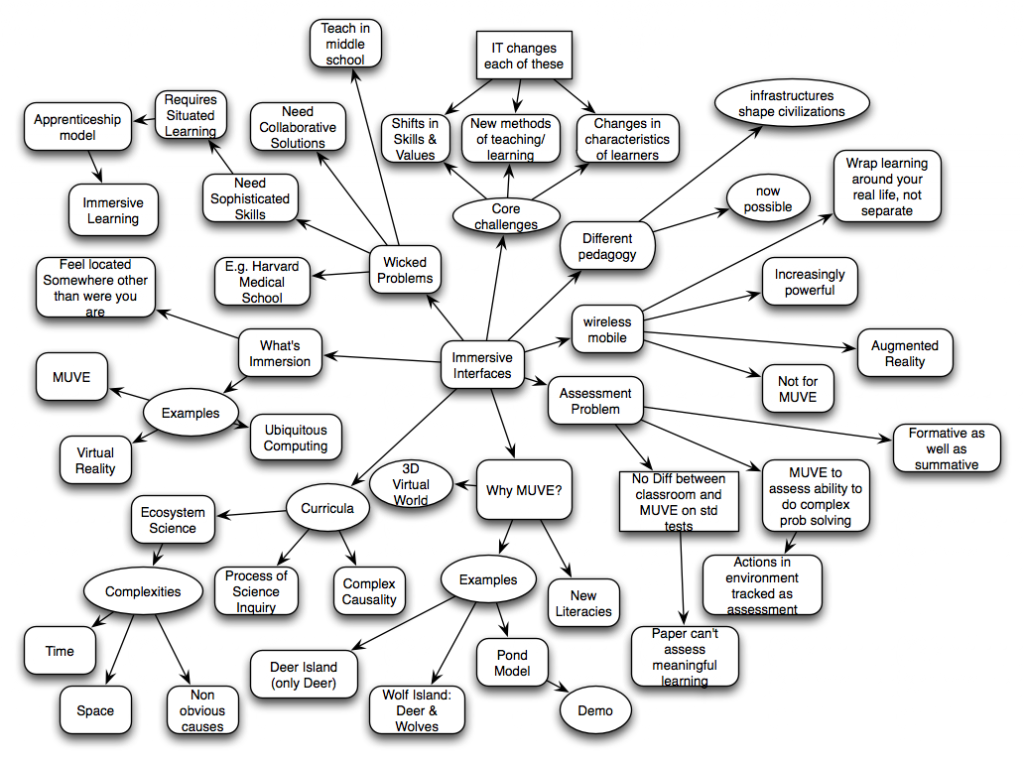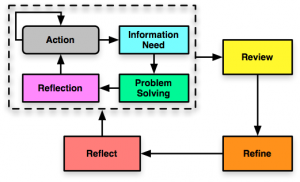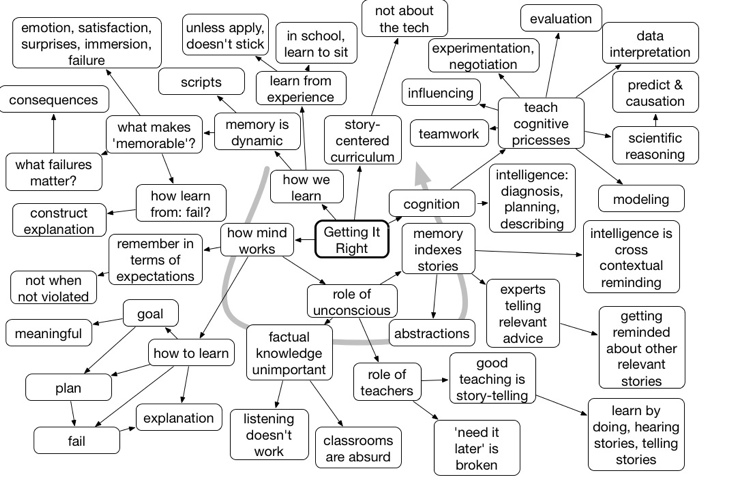Travel is a great learning opportunity. First, of course, is learning the history, geography, and culture of a place. The cuisine of a new place is a particular personal interest. Of course, you can also learn about politics, economics, and more as well.
A second level is looking at how these are portrayed within their own milieu; what are the stories they tell themselves and others about who and what they are.
And, of course, regardless of planning, travel ends up throwing you little challenges: changes in schedules, closures, delays, and more. These become opportunities for meta-learning: both attitudinal (patience, tolerance, persistence, friendliness) and strategic (problem-solving, communication, etc.).
Moreso if you make a conscious effort to not just replicate the same experience everywhere you go (e.g. the generic international resort experience regardless of location), but instead work to learn what makes this particular destination unique. It’s like making content interesting; you have to find what makes the folks who live there proud. Another meta-lesson.
I was fortunate that my parents were great travelers, and instilled the love of new cultures in me, and I’m trying to do the same with my kids. I find the most interesting people are those who are interested in others. But even if you haven’t had the skills and attitude modeled, you can develop it yourself. Start small, get some wins, and expand (like all good plans :). Bon voyage!


